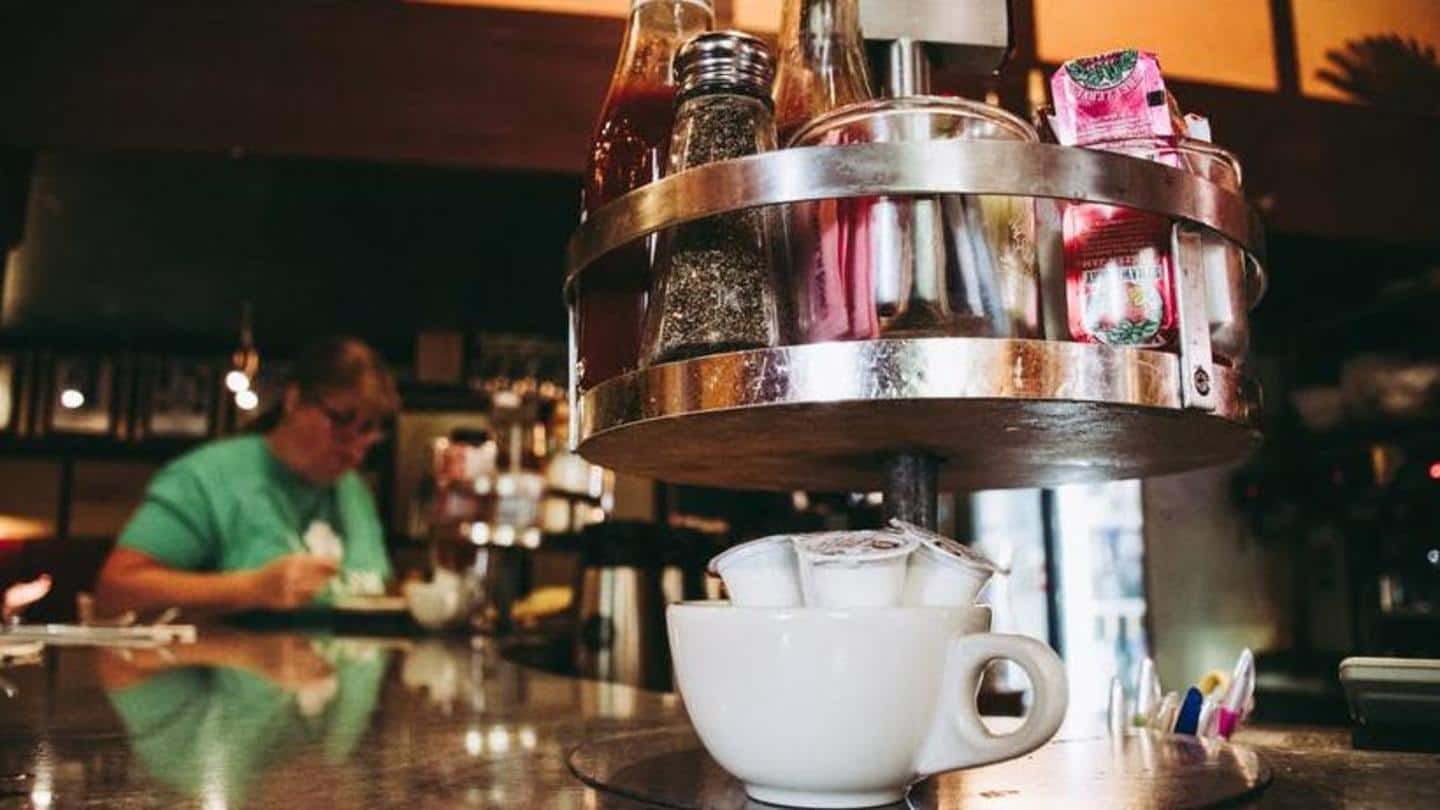
Centre calls meeting with restaurant body over 'forced' service charge
What's the story
Following consumer complaints, the Department of Consumer Affairs (DoCA) lambasted restaurants for forcing consumers to pay service charges "often fixed at arbitrarily high rates." The DoCA has scheduled a meeting with the National Restaurant Association of India (NRAI) for June 2 over the matter. This comes after Consumer Affairs Secretary Rohit Kumar Singh recently raised the issue with the NRAI.
Context
Why does this story matter?
Notably, paying service charges is optional and voluntary. The DoCA's 2017 guidelines also state that a customer's entry into a restaurant doesn't constitute consent to pay service charges. Moreover, the Consumer Affairs Ministry recently stated, "The meeting [with the NRAI] follows...the DoCA taking notice of a number of media reports as well as grievances registered by consumers on the National Consumer Helpline (NCH)."
Letter
What did Consumer Affairs Secretary say to NRAI?
In a letter to NRAI, Singh wrote, "Since this issue impacts consumers...on a daily basis and has significant ramifications on the rights of consumers, the department construed it necessary to examine it with closer scrutiny and detail" He said consumers are also being misled about the legality of service charges and restaurants are harassing customers who request such charges be removed from their bills.
Concerns
Issues to be discussed during meeting with NRAI
The DoCA is expected to raise four major issues during its meeting with the NRAI. These include consumer complaints over eateries making service charges mandatory; disguising service charges as another fee or charge; concealing from customers that service charges are voluntary; embarrassing consumers if they refuse to pay service charges. Notably, restaurants typically charge a 10% service charge on top of the total bill.
Response
NRAI responds to government's concerns over customer complaints
Meanwhile, NRAI President Kabir Suri has stated that most customers are willing to pay service charges while adding most restaurant menus mention that it is discretionary. "The levy of service charge by a restaurant is a matter of individual policy to decide if it is to be charged or not. There is no illegality in levying such a charge," the NRAI said on Tuesday.
Fact
What does the law say?
To recall, under the Consumer Protection Act, any restriction on consumer entry by mandating them to pay a service charge as a requirement for placing an order is considered a "restrictive trade practice." According to the guidelines, the placement of an order by a customer constitutes their obligation to pay for only the prices showcased on the menu card and applicable government taxes only.